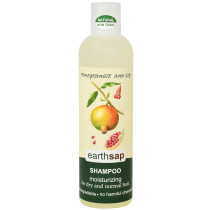Citric Acid
Organic Acid
Citric Acid
Other Name(s):
Citric Acid Anhydrous; Citric Acid Monohydrate; E330; Acidity Regulator

Citric acid was originally extracted from citrus fruits, mostly lemons. Nowadays, it’s made naturally fermenting raw materials like sucrose, starch and other carbohydrates. Wherever possible, we encourage brands to use citric acid which is certified GMO-free!
Is Citric Acid Faithful to Nature?
Yes.
Citric acid is a natural ingredient with a very wide array of uses that is made from renewable raw materials.
Benefits: Why is Citric Acid Used?
Natural Preservative
Citric Acid is used in foods and beverages as both an acidity regulator (balancing out bitterness) and as a preservative (many harmful microbes can’t grow in acidic environments).
Ph Balance
Citric Acid is added to cosmetics to help balance pH of alkaline ingredients to better suit the skin and as a preservative.
Promotes Circulation
Citric Acid is added to many shampoos to help gently remove dandruff and promote scalp circulation.
Antibacterial
Citric Acid is used in household cleaning products to kill bacteria, fungi, mildew, moulds, and yeasts.
Citric acid is used in an extremely wide and varied array of household products including: cosmetics, foods, beverages, disinfectants, sanitisers, and even home-safe pesticides for use on garden plants.
Approximately 99% of the world’s citric acid is made by a fungus called Aspergillus niger which metabolises and ferments simple carbohydrates. This process is much more sustainable and by far less expensive than extracting citric acid from lemons.
Citric Acid is often combined with other elements like calcium, potassium and sodium making calcium citrate (E333), potassium citrate (E332) and sodium citrate (E3221) respectively. These salts are all generally recognised as safe for use in foods.
Ascorbic Acid and Citric Acid both occur naturally in citrus fruits but it is important not to get the two confused! Ascorbic Acid is a form of vitamin C but Citric Acid is not a nutrient!
Citric Acid is part of a group called Alpha-Hydroxy Acids. Alpha-Hydroxy Acids are responsible for many of the health benefits associated with apple cider vinegar (the biggest one being Acetic Acid).
Notice: The information provided here is not intended as medical advice and is for educational purposes only.
Products Containing Citric Acid
-
sku91635
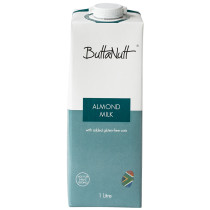
-
sku91636
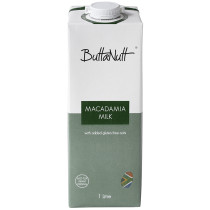
-
sku91637
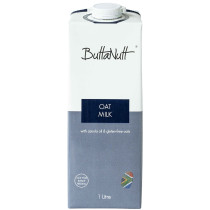
-
sku81224

-
sku138058
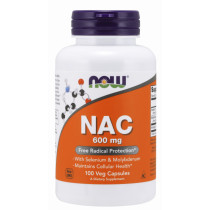
-
sku122944
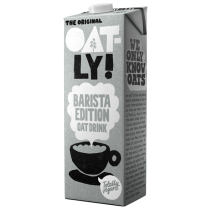
-
sku138065
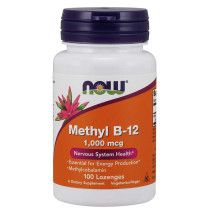
-
sku137434


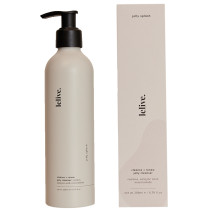
-
sku61917
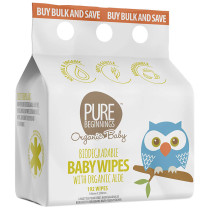
-
sku8863
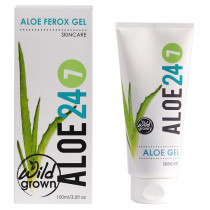
-
sku8572


-
sku70

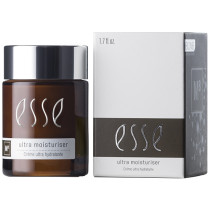
-
sku5088
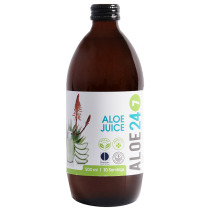
-
sku63135
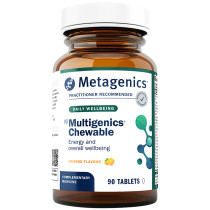
-
sku8574

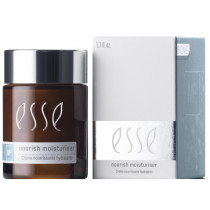
-
sku8573

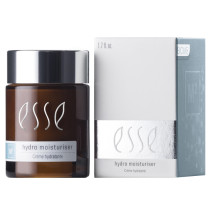
-
sku69

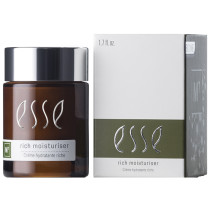
-
sku96586
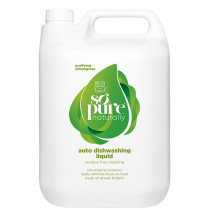
-
sku4469
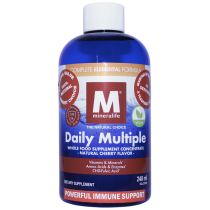
-
sku96585
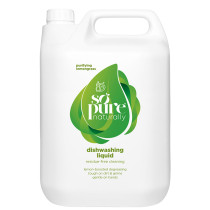
-
sku138013

-
sku2582v1
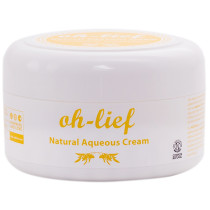
-
sku68

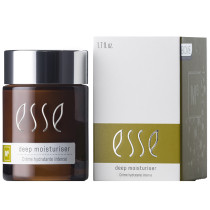
-
sku138064
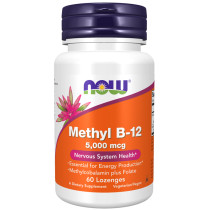
-
sku65


Esse Gel Cleanser (Normal/Oily)
- Multiple Sizes
Price From:Regular Price: R455.00
Special Price R364.00
-
sku4775

-
sku1536
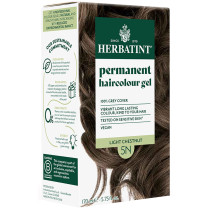
-
sku4776
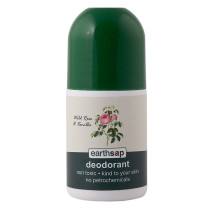
-
sku64561

-
sku3182
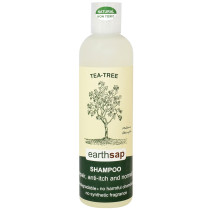
-
sku137439


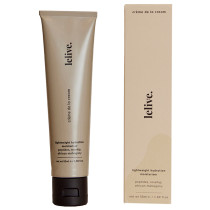
Lelive. Crème De La Cream African Mahogany E...
- 50ml
Regular Price: R319.00
Special Price R255.20
+
-
-
sku64223
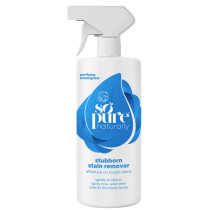
-
sku66


Esse Cream Cleanser (Normal/Combination Skin)...
- Multiple Sizes
Price From:Regular Price: R495.00
Special Price R396.00
-
sku64235
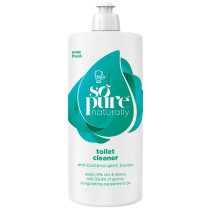
-
sku7157
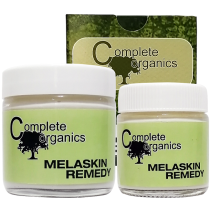
-
sku96576
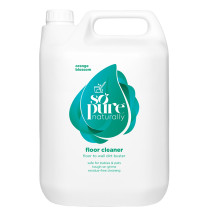
-
sku96582
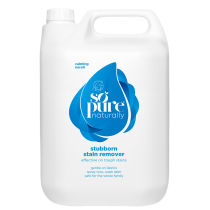
-
sku6220

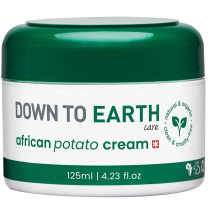
-
sku465
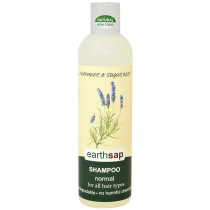
-
sku1627
